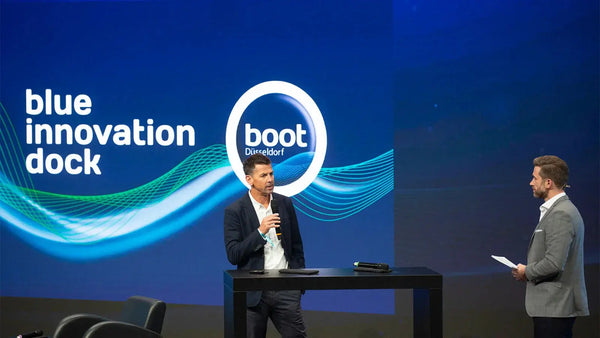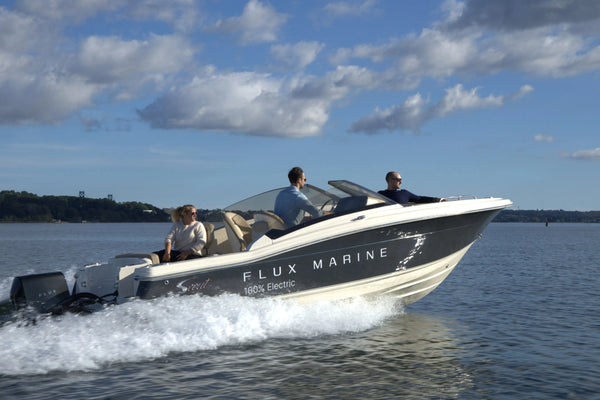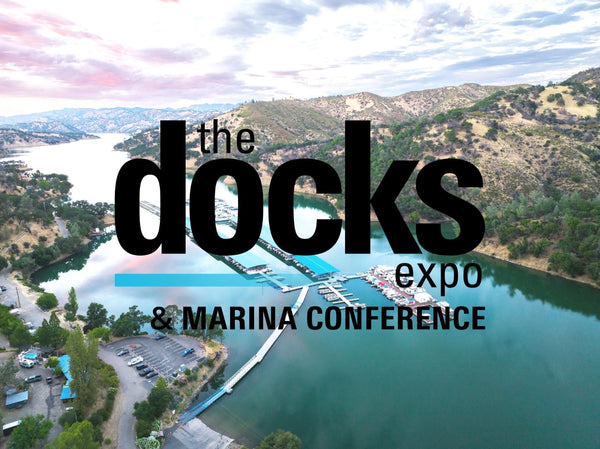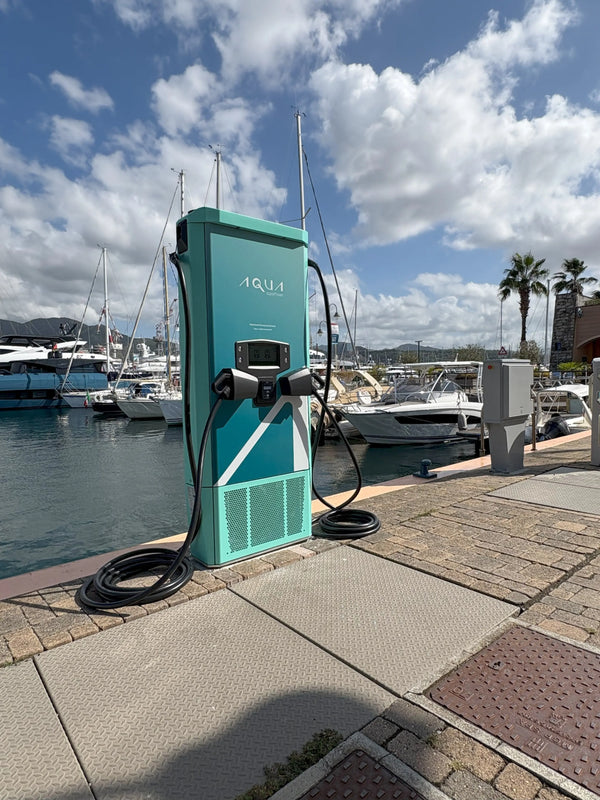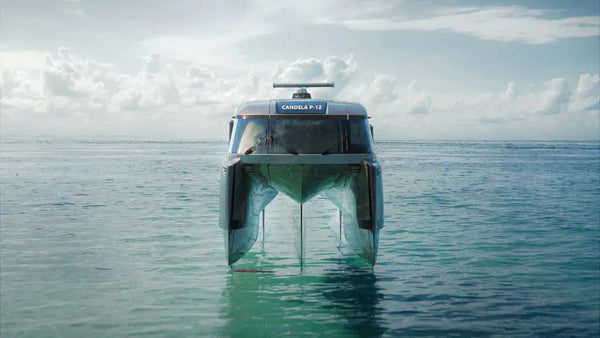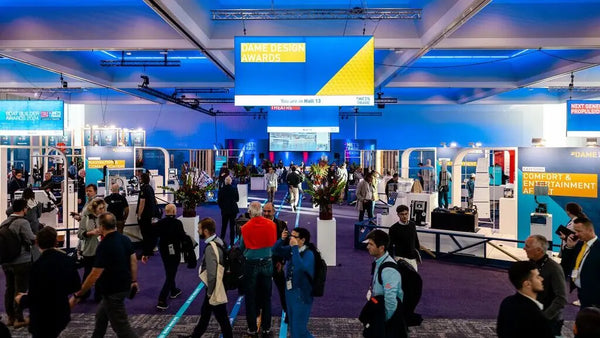
How can distributed and off-grid energy solutions charge electric boats at marinas?
Charged Marine StaffDistributed and off-grid energy solutions can enable electric boat charging at marinas by leveraging a mix of renewable generation, storage technology, and tailored infrastructure solutions. Here’s how these systems can work:
1. Solar-Powered Floating Docks
Marinas are increasingly adopting floating docks fitted with solar panels, such as the Faro PowerDock, which charge onboard batteries using only sunlight. These off-grid docks can recharge electric boats even where shore power isn’t available, supporting remote charging needs. They typically offer battery capacities between 10.2kWh and 30.6kWh per dock and can be customized for various boat models.
2. Microgrids Integrating Renewable Sources
Modern marina microgrids combine solar panels, wind turbines, and storage systems—often with battery banks—to provide resilient, local power. These microgrids maintain supply and demand balance, reduce dependence on the central grid, and provide reliable charging for electric vessels. For example, combining solar and battery storage can keep boats charged during high demand or grid outages in a sustainable way.
3. Onboard and Off-grid Charging Solutions
Boats can utilize onboard chargers powered by solar panels, wind generators, and even water turbines. For marinas wanting complete independence from the grid, distributed energy systems (DES) provide local generation—using PV panels, wind turbines, and batteries either as stand-alone chargers at berths or as mobile recharging units.
4. DC-DC Chargers and Engine Alternators
For boats on the move or at anchor, DC-to-DC chargers allow vessel engines or generator alternators to directly charge battery packs, supplementing renewable power sources. This offers a backup for cloudy or low-wind conditions and is crucial for fully off-grid operations when dock-side power isn’t possible.
5. Hybrid Renewable Energy Kits
Turnkey solar or hybrid (solar-wind) recharging kits are now available for marina installations or boat retrofits. These systems are engineered for higher voltages demanded by electric drives (often 48V–108VDC), enabling efficient off-grid charging at virtually any location with sufficient sunlight or wind.
6. Innovations in Marine Energy Harvesting
Technologies such as distributed embedded energy converters (DEECs) are being developed to harvest wave, tide, or current energy directly in marine environments, potentially enabling marinas to tap local water movement for energy generation in addition to solar and wind
In summary: Off-grid and distributed energy solutions for electric boat charging at marinas include solar-powered floating docks, marina microgrids with renewables and batteries, onboard generation systems, DC-to-DC alternator chargers, and purpose-built hybrid energy kits. These approaches allow marinas—urban or remote—to offer reliable and sustainable charging services to electric boats, all while reducing emissions and grid dependence.
